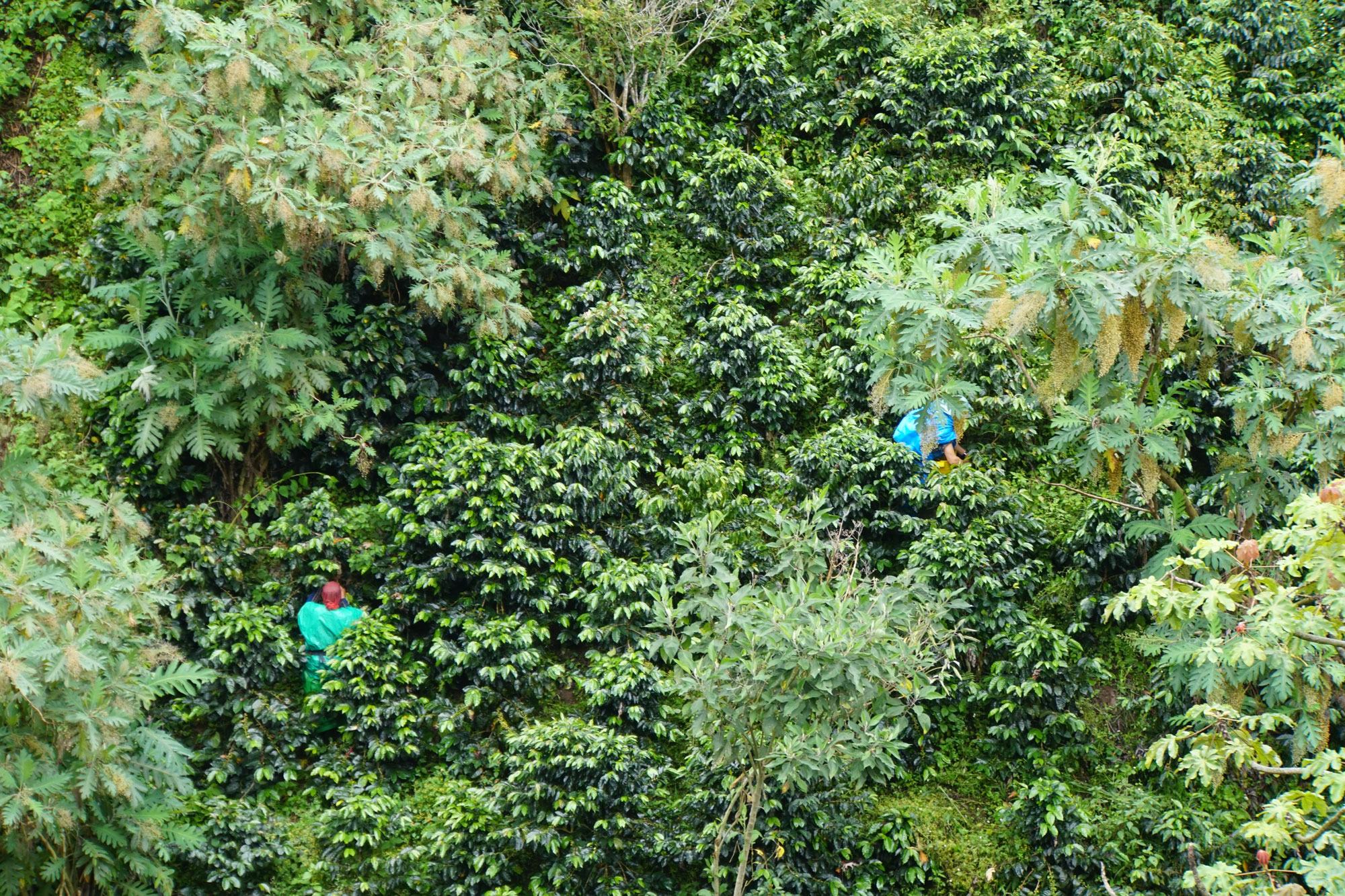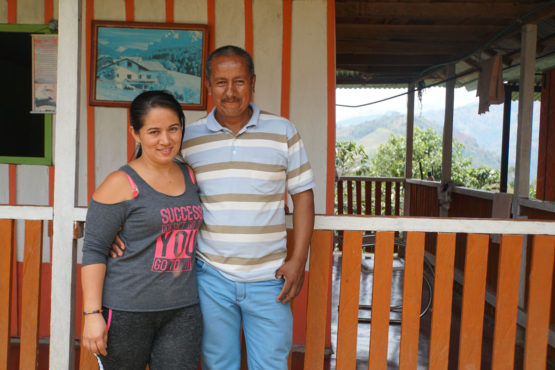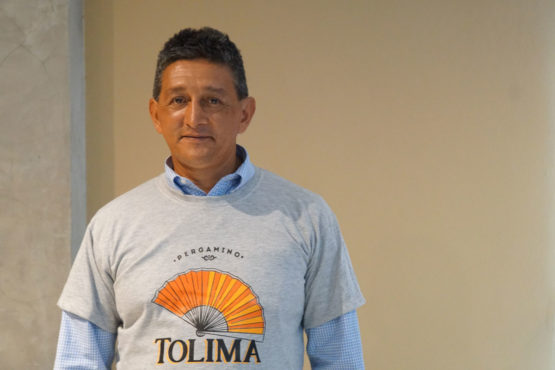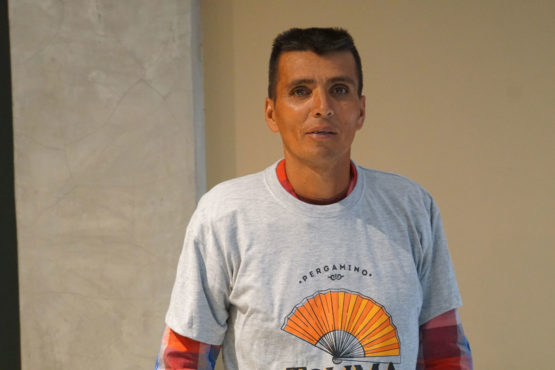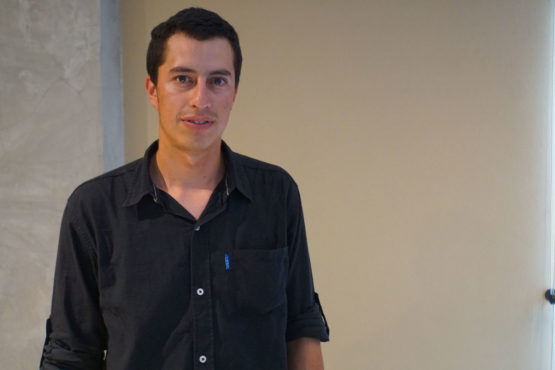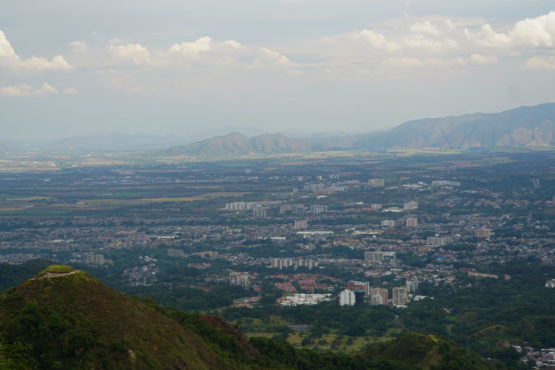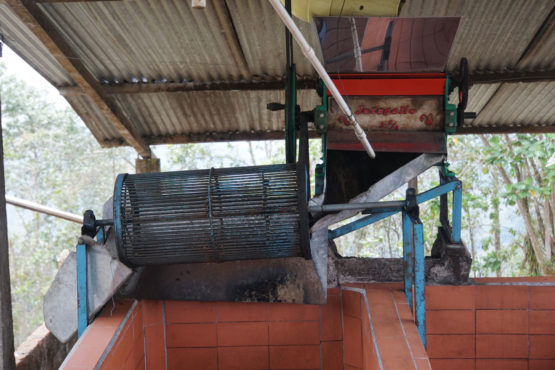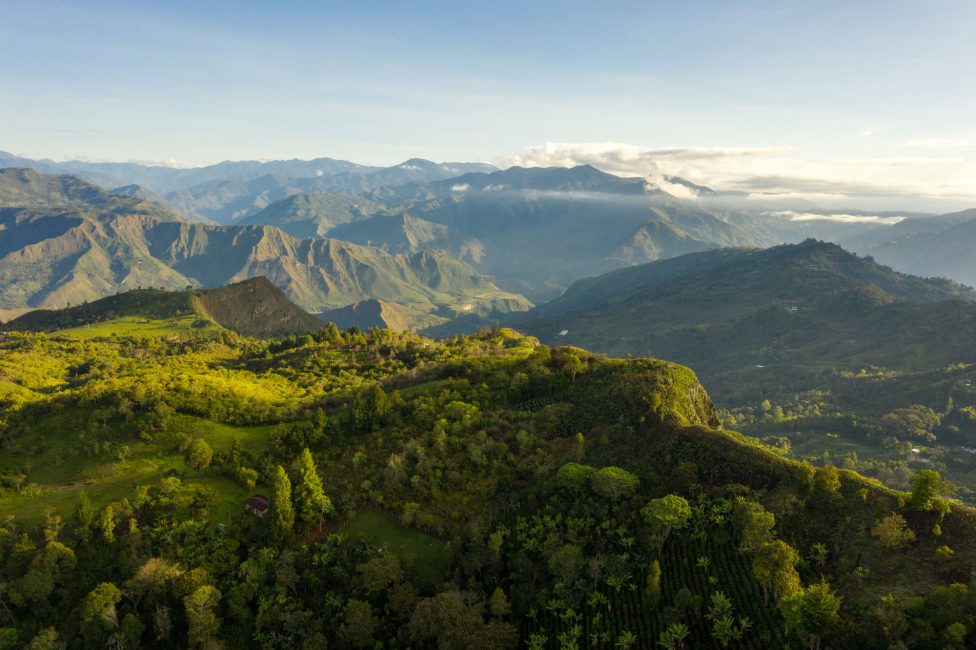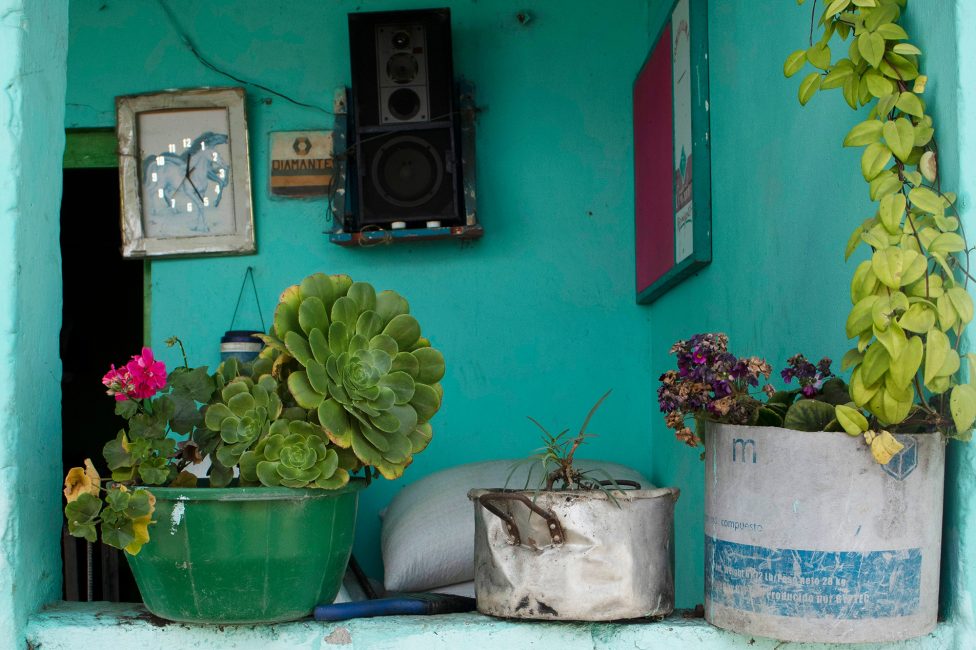Small Producers of Anzoátegui
Creamy and sweet, with dark chocolate, hazelnut and stonefruit in the cup. Plum, red apple and lemon curd. Great for espresso.
This coffee comes from 10 smallholder farms that are situated in the municipality of Anzoátegui, which is located in Tolima, just north of the capital Ibagué.
The farms that contributed to this lot are small – around 3 hectares in size – and are located at 1,900m above sea level. They farm traditionally, and grow a mix of Caturra, Colombia and Castillo coffee varieties. Fertilisation occurs around three times a year, usually after manual weeding, and pesticides are rarely used. The coffee is selectively hand harvested, with most labour being provided by the farmers and their families.
ABOUT TOLIMA
Coffee from Tolima has historically been very difficult to access due to the region’s isolation and instability. For many years this part of Colombia was under the control of Colombia’s notorious rebel group, the FARC, and as a result it was unsafe and violent. Since 2012, safe access to this region has been possible as a result of peace talks between the Colombian government and the rebels. Since this time some stunning coffees from small producers have become accessible.
The word ‘Tolima’ comes from the local indigenous language and means a “river of snow or cloud”. The region sits on the Cordillera Central, in the middle of the three mountain ranges that provide a range of microclimates well-suited to high quality coffee production. Coffee is the leading agricultural activity in the region, followed by beans and cattle.
This coffee was sourced for us by our export partners, Pergamino. Pergamino has done a lot to help promote commercialisation of specialty coffee throughout Tolima, and have actively been working to source and support coffee producers in regions where there is a high potential for quality, but historically have not had access to specialty buyers.
This coffee comes from the steep mountains to the north-east of Ibagué, which creep up fast, going from 1,300 meters above sea level to 2,000 meters in a matter of 30 or 40 kms.
The coffee growing regions to Ibagués north like Anzoátegui have high elevations and many traditional varieties, but due to armed conflict they have been disconnected from specialty coffee programs.
The Anzoátegui region is very mountainous and connected to the famous “Parque de los Nevados” –where two major snow peaked volcanos are located. Its name was given in honour to an important general that fought for the independence of Colombia in the early XIX century, José Antonio Anzoátegui. In addition to coffee, the region grows lulo, pineapple and tomatoes at its higher elevations and has cattle in the warmer lands of the valleys. However, still around 50% of its land is natural forest protected by the national park of Los Nevados.
Pergamino work with a group of 10 growers in Anzoategui. Each lot is carefully assessed at Pergamino’s cupping lab in Ibaqué and the coffee is then combined into exportable sized lots, based on cup score and profile. Feedback is provided by Pergamino’s expert team of cuppers back to each of the producers they work with, and top up payments are made if the producers’ coffee is sold at a higher margin.
HOW THIS COFFEE WAS PROCESSED
This coffee was processed using the washed method at each farm’s ‘micro-beneficio’ (mill).
The coffee was pulped using a small manual pulper, and then placed into a fermentation tank, where it was fermented anywhere from 36 to 48 hours (depending on the weather and the farm’s location) and then washed using cold, clean water.
It was then carefully dried (over 10–18 days) in silos or on parabolic beds, which are constructed a bit like a ‘hoop house’ greenhouse, and act to protect the coffee from the rain and prevent condensation dripping back onto the drying beans. These beds have adjustable walls to help with air flow, and temperature control to ensure the coffee can dry slowly and evenly.
Once dry, the coffee was delivered to Pergamino’s warehouse, where it was cupped and graded, and then rested in parchment until it was ready for export.
